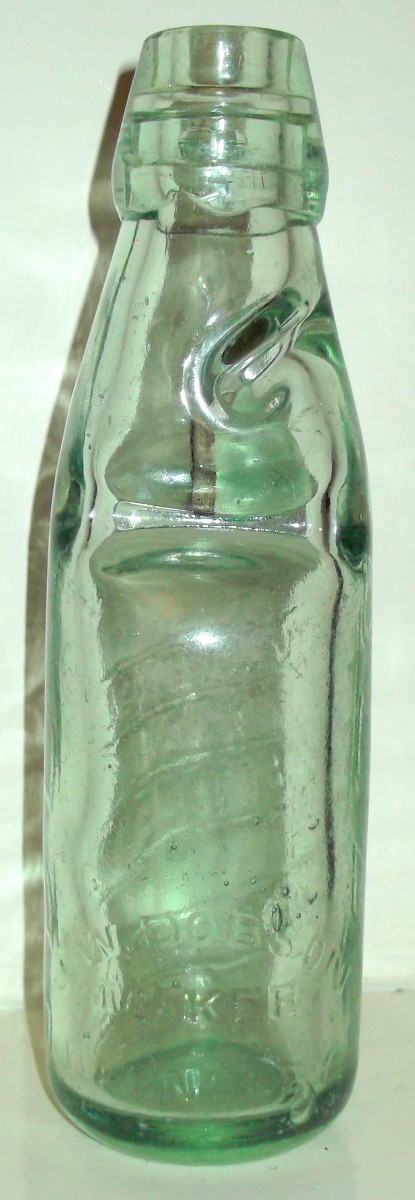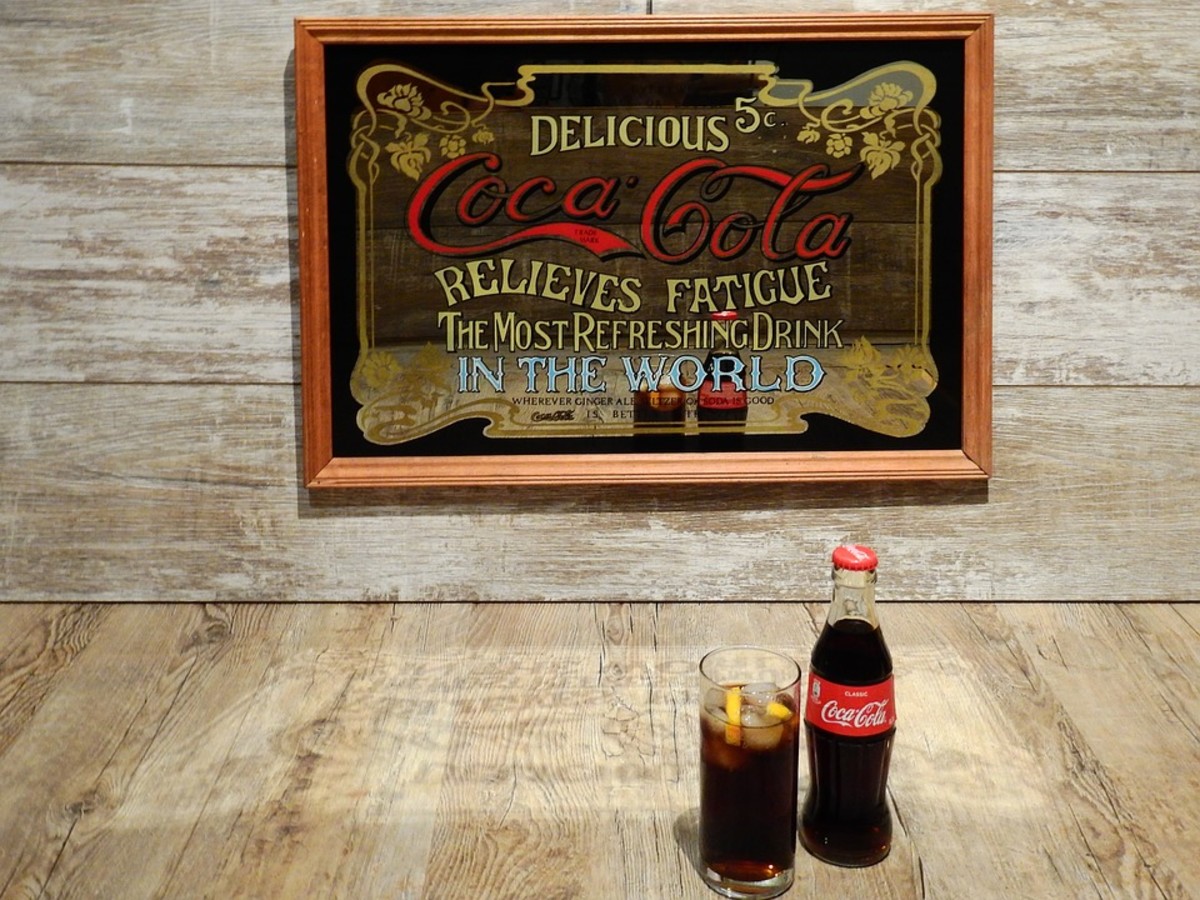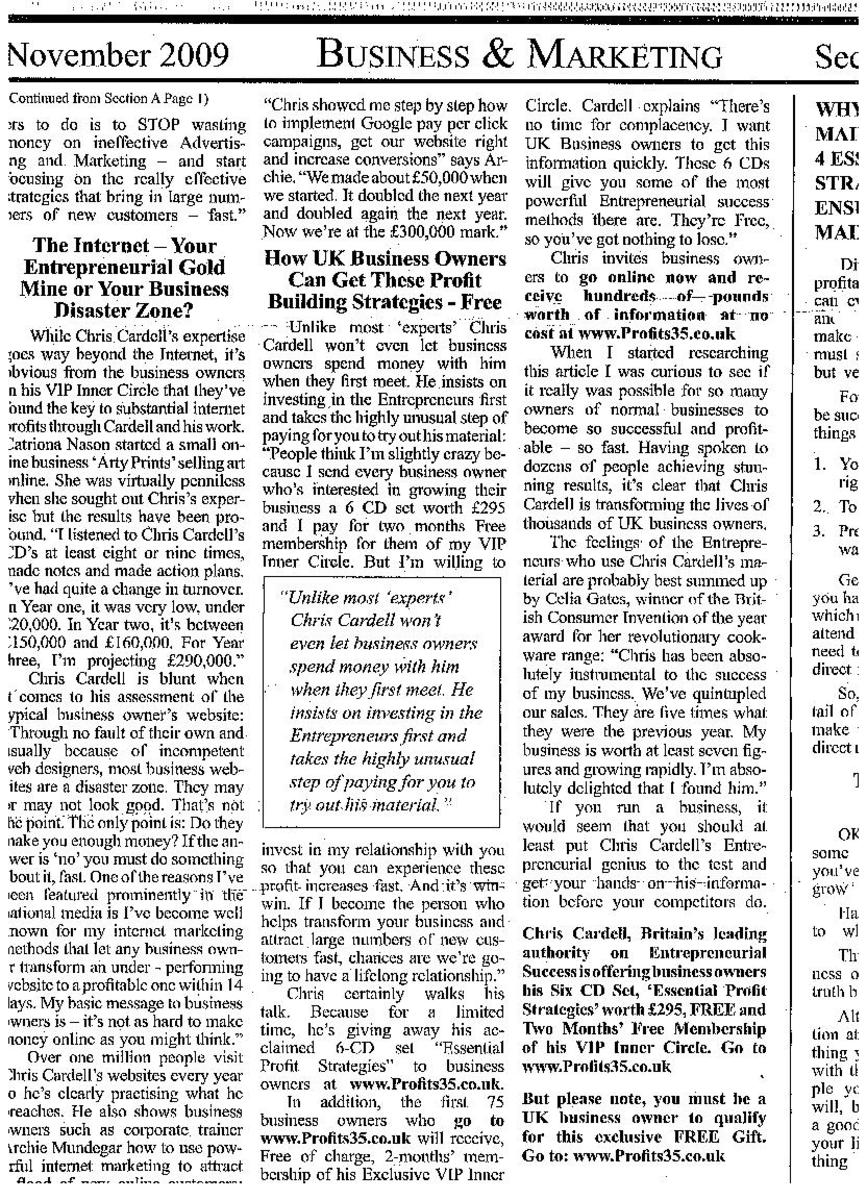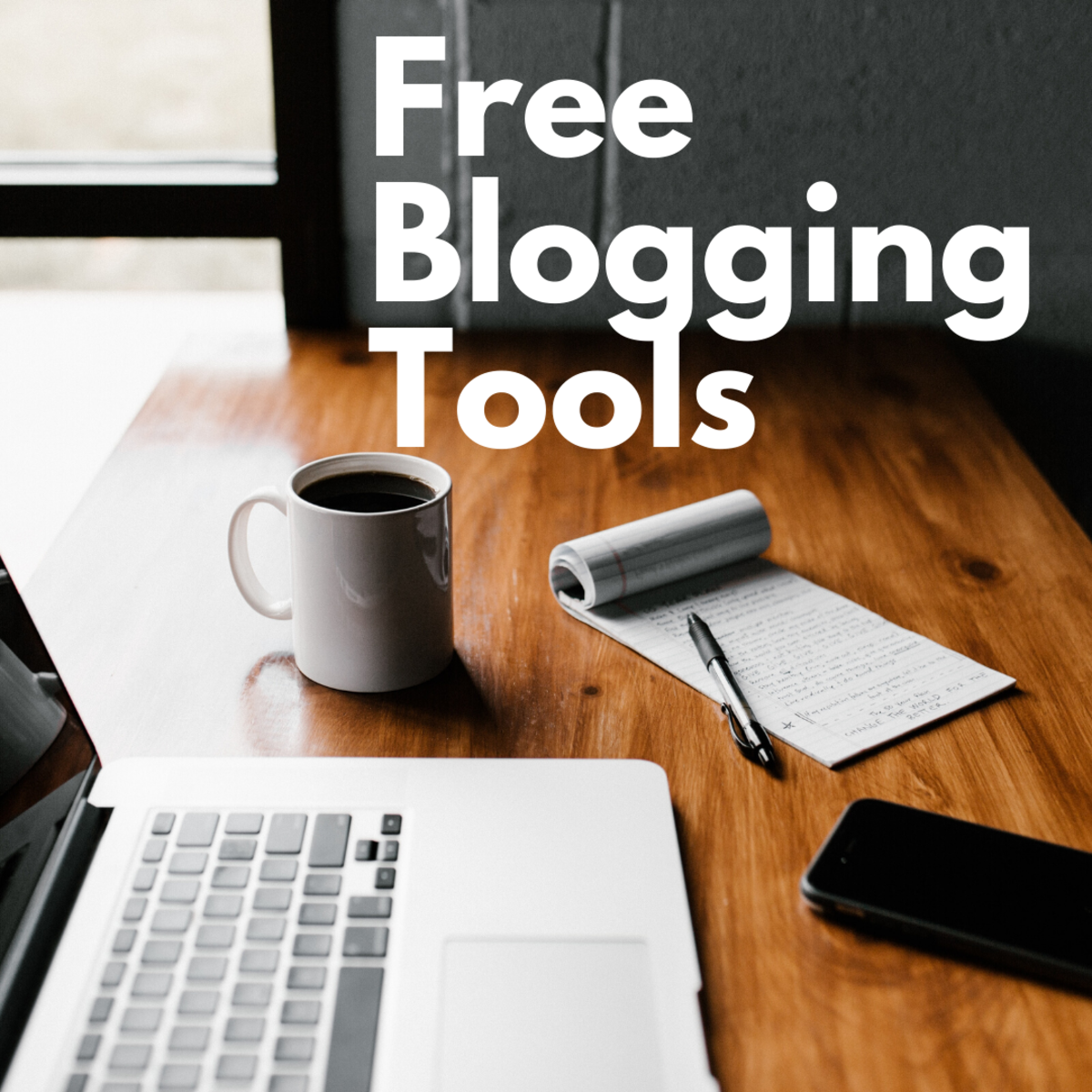Branding: Building Your Brand while Acquiring Trademark Rights

Marketing Advice: Branding
Everyone has some great idea they can share with the world. The hard part is figuring out how to share it.
I am an attorney and I handle trademark and copyright issues, but this discussion is about the business side of intellectual property, what is frequently called "branding". The concept of branding became so common and popular in the last decade that "branding" has become a brand in and of itself.
Branding has become an overused word (and will be in this piece), that primarily describes the goodwill, the intellectual asset value, an enterprise is working to obtain, by identifying an image or an idea with a product, service or business entity. The idea is that through repetitive, sensory interaction with an image, phrase, etc., many people will come to associate that symbol with the product, and thereby want to buy the product.
The concept has been tested and proven many times by both marketing and psychology researchers. Regardless, experientially, I expect nearly all of us can attest to the impact of branding in what we observe, and in what we, ourselves, spend our money on.
Brand vs. Trademark
Essentially "brand" is a marketing concept, while trademark describes a bundle of intellectual property rights. In essence, these rights closely parallel - but are not the same as - the value that is being created through branding efforts. The nuanced differences between trademark rights, and the goodwill derived through branding may be slight, they are not insignificant.
For example, it isn't uncommon for a business to register a trademark, then as it rolls out its marketing campaigns, to set the trademark aside to some extent, as other phrases, images or ideas succeed. Trademark rights are acquired on registration, but more meaningfully, but consistent and regular use. While this is what branding is designed to do, growing businesses learn they have to be adaptable, and change as their customers decide what images and ideas truly connect them to the business.
Conversely, branding can also result in extraordinary profit where trademark rights are not or cannot be acquired. Often, this happens in a way that could amount to infringement of someone else's trademark rights - perhaps unintentionally, and perhaps without even having knowledge of the trademark. Intended or not, infringement violates the law.
This makes it wise to conduct a trademark search to be sure you have the right to use the marketing tools you want. It protects you both from the standpoint of ensuring you that you are not infringing on someone else's rights, and in building the protection for your own trademarks as you go forward.
There's a nice article by "StormyBrain" published on hubpages regarding trademark searches that walks through many avenues of searching trademark availability.
Do You Have a Trademark?
The trademark registration process is administered by the United States Patent and Trademark Office. But trademark rights may be acquired at common law as well. This means that even absent registration, bu continuously using and claiming the rights to use a unique original mark - which is not already in use by another party - you are entitled to trademark protection.
That means you may already have trademark rights - even if you didn't know it. Many new business owners don't yet understand the power of a trademark and trademarking. It is a declaration to the world of your intention and effort to use a mark to exclusively brand a product for sale.
Hopefully you will never have to enforce your own rights against infringement of you trademark, but you have some exceptional protection if you do. More importantly, however, the many ways in which you continue to use the same label, logo or other identifiers, sets you part and creates a protected right in a business asset that can use as long as you're able.
Think of your brand and trademark as a continuum from the marketing concepts that build goodwill in your business to the rights you can protect in that brand as you come to succeed. It's a very helpful way of segmenting your business plan and helping the new business owner to remain focused on where the business is heading.
Andrew J Thompson is an attorney working with entrepreneurs, business start ups, and family business owners through Thompson Legal Services.







